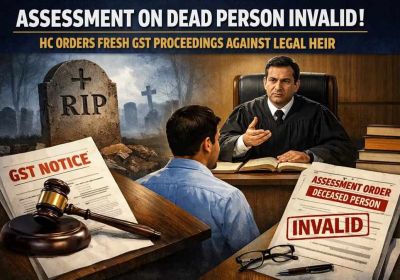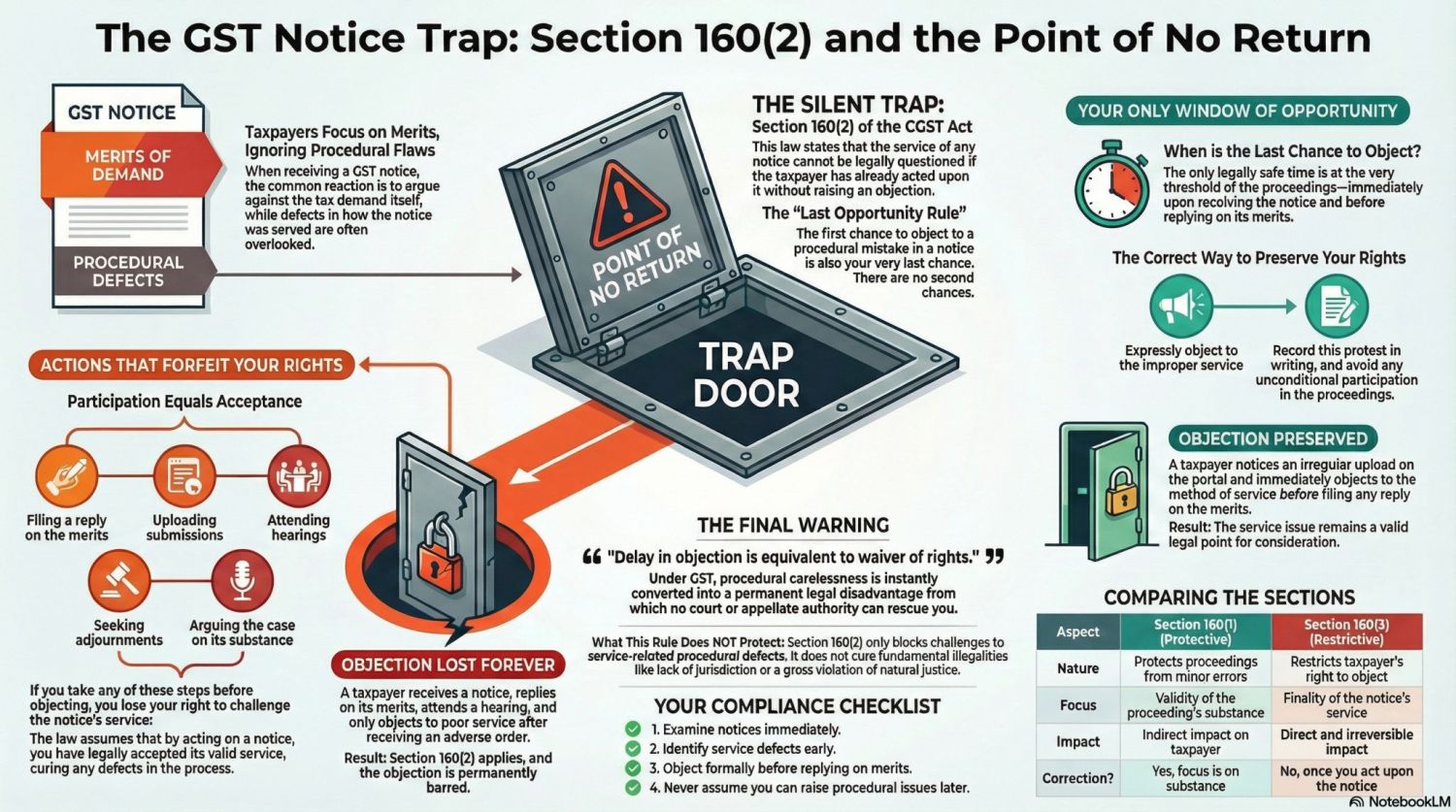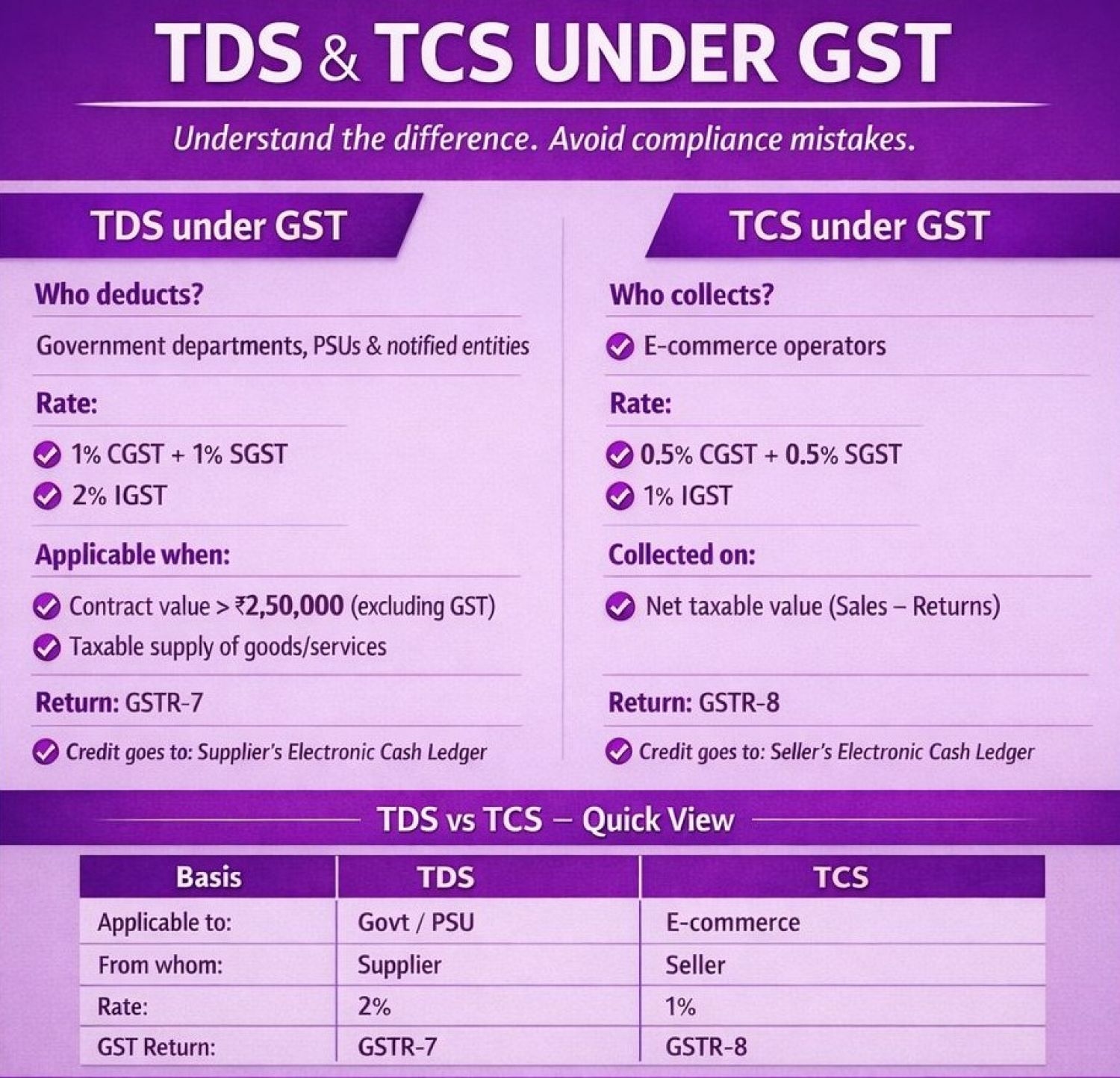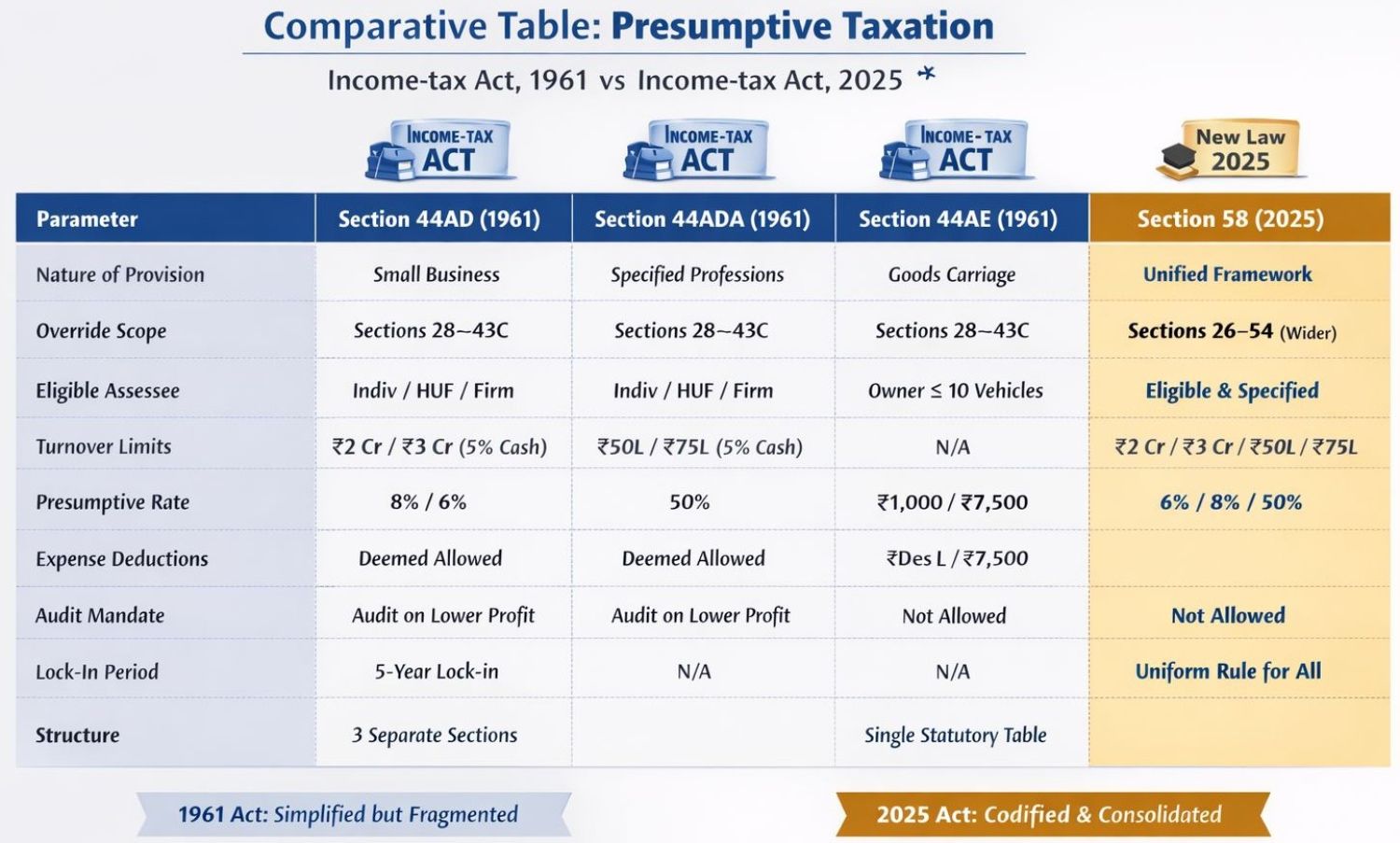Table of Contents
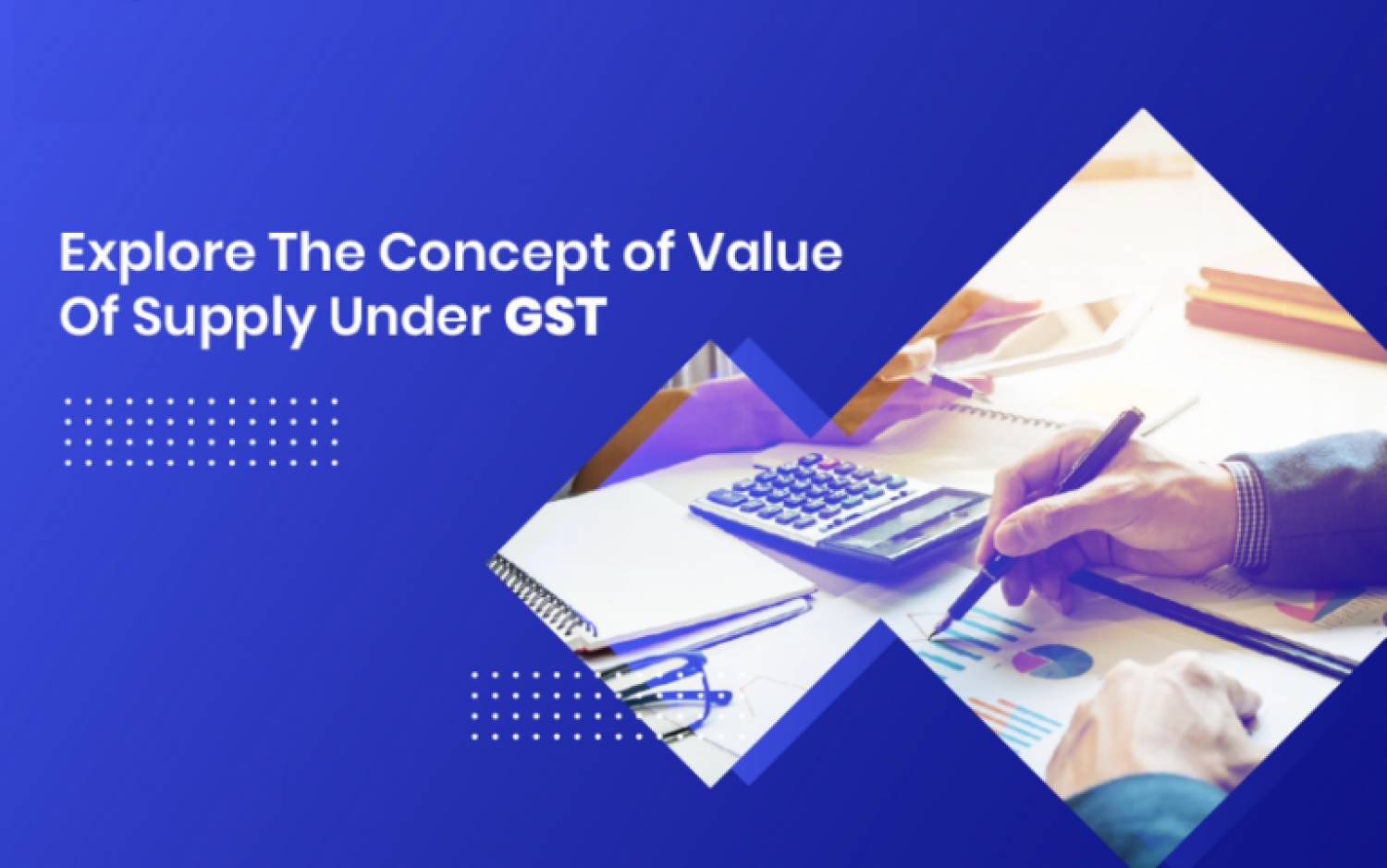
VALUATION OF SUPPLY UNDER G.S.T
Calculation of Value of Supply under GST
Supply value is an important concept in the sense of GST as it specifies the GST payable in a transaction. Pursuant to the GST Act, the value of the supply of products or services is the value of the contract, which is the amount actually charged or payable for the supply of goods or services, where the supplier and the purchaser of the supply are not connected and the price is the sole consideration of the supply. In this article, we look at the method for measuring the value of the GST supply.
If the recipient and supplier of Goods/Services are not related then the price actually paid or payable is taken as the value of goods/services. The transaction value shall be accepted even where the supplier and recipient of supply are related, provided that the relationship has not influenced the price. Where goods are transferred from one place of business to another place of the same business or from the principal to an agent or from an agent to the principal whether or not situated in the same State, the value of such supply shall be the transaction value.
Inclusions
The value of goods/services also include the following:-
- any taxes, duties, cesses, or fees charged separately by the supplier other than GST itself.
- other incidental expenses such as commission or packing are charged separately by the supplier.
- the amount charged for anything done by the supplier at the time of, or before delivery of the goods/services. For eg gift packing or special packing
- interest, late fee, or penalty charged for delayed payment
- subsidies directly linked to the price excluding subsidies provided by the Central and State governments
Exclusions
The value of the supply shall not include any discount that is given:
(a) before or at the time of the supply provided such discount has been mentioned in the invoice
(b) after the supply has been effected, provided that:
(i) such discount is established in terms of an agreement entered into at or before the time of such supply and specifically linked to relevant invoices; and
(ii) the input tax credit has been reversed by the recipient of the supply as is attributable to the discount on the basis of the document issued by the supplier.
Discounts never included in the Value of Supply
The value of the supply does not include any discount that is provided at any time before or after the supply of goods or services, even though it is reported in the invoice. Because the value of the supply does not include the discount, the credit for the input tax is therefore not due to the discount on the basis of the invoice for the discounts.
Calculation of Value for Supply – While Consideration NOT Wholly in Money Term
The value of the supply does not only include the amount of cash exchanged for the supply, but also includes consideration not solely in money earned for the supply of goods or services. When measuring the value of the supply of goods or services, where the consideration is not entirely in currency, the following approach should be adopted. A summary of the effect of discount on transaction value is given below-Valuation where consideration is not wholly in money
The valuation will be done in such a case at
- Open market value
- If the open market value is not available then at a total of consideration in money and other consideration’s equivalent money value
- If the value can not be determined with the above two methods then the value of like kind and quality goods or services will be taken as the value
- If the value can not be determined with the above three methods then
Examples:-
- Where a new phone is supplied for Rs.20000 along with the exchange of an old phone and if the price of the new phone without exchange is Rs.24000, the open market value of the new phone is Rs 24000.
- Where a laptop is supplied for Rs.40000 along with a barter of printer that is manufactured by the recipient and the value of the printer known at the time of supply is Rs.4000 but the open market value of the laptop is not known, the value of the supply of laptop is Rs.44000.
Valuation of supplies between distinct or related persons other than through an agent
The value of the supply of goods or services or both between distinct persons as specified in 25(4) and 25(5) or where the supplier and recipient are related, other than where the supply is made through an agent, shall,-
(a) be the open market value of such supply;
(b) if the open market value is not available, be the value of supply of goods or services of like kind and quality;
(c) if the value is not determinable under clause (a) or (b), be the value as determined by the application of rule 4 or rule 5, in that order:
Provided where the recipient is eligible for the full input tax credit, the value declared in the invoice shall be deemed to be the open market value of goods or services.
Value of supply of goods made or received through an agent
The value of supply of goods between the principal and his agent shall,-
(a) be the open market value of the goods being supplied, or at the option of the supplier, be ninety percent of the price charged for the supply of goods of like kind and quality by the recipient to his customer not being a related person, where the goods are intended for further supply by the said recipient.
Illustration: Where a principal supplies groundnut to his agent and the agent is supplying groundnuts of like kind and quality in subsequent supplies at a price of Rs.5000 per quintal on the day of supply. Another independent supplier is supplying groundnuts of like kind and quality to the said agent at the price of Rs.4550 per quintal. The value of the supply made by the principal shall be Rs.4550 per quintal or where he exercises the option the value shall be 90% of the Rs.5000 i.e. is Rs.4500 per quintal.
(b) where the value of a supply is not determinable under clause (a), the same shall be determined by the application of rule 4 or rule 5 in that order.
Rule 4 – Valuation based on Cost- Value of supply by the cost method
If the value can not be determined by any rules or provisions mentioned above then the value will be determined under rule 4. Under rule 4 value shall be one hundred and ten percent of the cost of production or manufacture or cost of acquisition of such goods or cost of provision of such services. If the value of the supply of products or services cannot be measured by either of the above approaches, the value of the supply can be estimated as 110 percent of the cost of production or production or of procurement of such goods or the cost of supply of such services.
Rule 5 – Residual method for determination of the value of supply of goods or services or both - Value of supply in the residual method
If the value can not be determined by any rules or provisions mentioned above and through rule 4 then the value will be determined under rule 5. If the value of the supply cannot be determined even after all of the above methods have been applied, the value of the supply may be calculated using fair means consistent with the principles and general provisions of Section 15 of the GST Act. In addition, in the case of service delivery, the service provider may use this approach directly rather than using the cost method. Under rule 5 value shall be determined using reasonable means consistent with the principles and general provisions of section 15 and these rules. Provided that in the case of the supply of services, the supplier may opt for this rule, disregarding rule 4.
Valuation in Special Cases
Money Changer
The value in case when currency is exchanged
From or to Indian Rupees (INR)
(Buying rate or selling rate – RBI reference rate for that currency)* Total units of currency.
If the reference rate for any currency is not available then value = 1% of Indian rupees provided or received by such money changer.
(2)NOT from or to Indian Rupees (INR)
Value is equal to 1% of the lesser of the two amounts the person changing the money would have received by converting any of the two currencies into an Indian Rupee on that day at the reference rate provided by RBI.
(1) Option with a money changer
Also, a money changer may exercise the option to ascertain value with the below-mentioned method. Such an option once exercised can not be withdrawn during that financial year.
(i) one percent. of the gross amount of currency exchanged for an amount up to one lakh rupees, subject to a minimum amount of two hundred and fifty rupees.
(ii) one thousand rupees and half of a percent of the gross amount of currency exchanged for an amount exceeding one lakh rupees and up to ten lakh rupees; and
(iii) five thousand rupees and one-tenth of a percent. of the gross amount of currency exchanged for an amount exceeding ten lakh rupees, subject to a maximum amount of sixty thousand rupees.
(2) Air Travel Agent
The value of services provided by the air travel agents is calculated at a rate of 5% of the basic fare in the case of domestic bookings and at the rate of 10% of the basic fare in the case of international bookings.
Basic fare means that part of the airfare on which commission is normally paid to the air travel agent by the airline.
(3) Life Insurance Business
(a) the gross premium charged from a policyholder reduced by the amount allocated for investment, or savings on behalf of the policyholder, if such amount is intimated to the policyholder at the time of supply of service;
(b) in case of single premium annuity policies other than (a), 10 percent. of single premium charged from the policyholder; or
(c) in all other cases, 25 Percent. of the premium charged from the policyholder in the first year and 12.5 percent. of the premium charged from policy holder in subsequent years:
Provided that nothing contained in this sub-rule shall apply where the entire premium paid by the policyholder is only towards the risk cover in life insurance.
4.Person dealing in second-hand goods
In the case of a person who is dealing in second-hand goods, the value of supply taken for the application of GST is the difference between the selling price and purchase price. If such difference is negative then such amount should be ignored and no GST is payable on that transaction.
This provision is applicable only when the used goods are sold in the same condition or after minor processing and the nature of the goods is not changed after purchasing. Also, such a person should not avail input tax credit if paid on such transaction.
For example – A person deals in second-hand cars. He buys a car for Rs. 5,00,000. No GST is paid on it. Now he makes an expense of Rs. 20,000 for its servicing and repairs and then sold it for Rs. 6,00,000. The amount on which GST is payable is Rs. 1,00,000.
5.Pure Agent
Notwithstanding anything contained in these rules, the expenditure or costs incurred by a supplier as a pure agent of the recipient of supply shall be excluded from the value of supply, if all the following conditions are satisfied, namely:-
(i) the supplier acts as a pure agent of the recipient of the supply when he makes payment to the third party on authorization by such recipient.
(ii) the payment made by the pure agent on behalf of the recipient of supply has been separately indicated in the invoice issued by the pure agent to the recipient of service; and
(iii) the supplies procured by the pure agent from the third party as a pure agent of the recipient of supply are in addition to the services he supplies on his own account.
Explanation. – For the purposes of this rule, “pure agent” means a person who –
(a) enters into a contractual agreement with the recipient of supply to act as his pure agent to incur expenditure or costs in the course of supply of goods or services or both.
(b) neither intends to hold nor holds any title to the goods or services or both so procured or supplied as a pure agent of the recipient of the supply.
(c) does not use for his own interest such goods or services so procured.
(d) receives only the actual amount incurred to procure such goods or services in addition to the amount received for supply he provides on his own account.
Illustration. Corporate services firm A is engaged to handle the legal work pertaining to the incorporation of Company B. Other than its service fees, A also recovers from B, registration fee, and approval fee for the name of the company paid to the Registrar of the Companies. The fees charged by the Registrar of the companies registration and approval of the name are compulsorily levied on B. A is merely acting as a pure agent in the payment of those fees. Therefore, A’s recovery of such expenses is a disbursement and not part of the value of supply made by A to B.
6 Goods repossessed from a defaulting borrower
The purchase value of goods repossessed from a defaulting borrower, who is not registered, for the purpose of recovery of a loan or debt shall be deemed to be the purchase price of such goods by the defaulting borrower reduced by five percentage points for every quarter or part thereof, between the date of purchase and the date of disposal by the person making such repossession.
The value of a token, or a voucher, or a coupon, or a stamp (other than a postage stamp) which is redeemable against a supply of goods or services or both shall be equal to the money value of the goods or services or both redeemable against such token, voucher, coupon, or stamp.
Rate of exchange of currency, other than Indian rupees, for determination of value
The rate of exchange for determination of the value of taxable goods or services or both shall be the applicable reference rate for that currency as determined by the Reserve Bank of India on the date when the point of taxation arises in respect of such supply.
How does the value of the supply be calculated?
As a general principle, the value of the supply is the amount paid for the products or services, minus the GST. Since certain sales are made in cash and others are exchanged or traded, there are two sets of laws for measuring the value of the supply.
• The General Valuation Principles apply to transactions where the customer pays the full price of the goods or services in money. In this situation, the value of the supply shall be the total price or consideration paid, minus the GST on that amount.
Value of supply = Consideration-GST under consideration
• The Special Valuation Principles apply to transactions where some or more of the payment is in cash instead of an exchange.
- Completely non-cash payment: If the customer pays in full and without cash, the value of the supply shall be the open market value of the goods or services, minus the GST on that amount.
Value of Supply = OMV - GST on OMV
- Partial non-cash payment: If the consumer pays in part in cash and in part in the exchange, the value of the supply shall be the cash price charged plus the free market value of the goods or services exchanged, minus the GST on that total amount.
Value of Supply = (Monetary Consideration + In-kind Consideration) - GST on Total Consideration
Note: The value of supply includes cess, billable expenses, subsidies, penalties, and all taxes except GST (and any other charges that may or may not be included in the price of the goods and services supplied).
Meaning of Related Persons
Persons shall be deemed to be “related persons” if
(i) such persons are officers or directors of one another’s businesses;
(ii) such persons are legally recognized partners in business;
(iii) such persons are employer and employee;
(iv) any person directly or indirectly owns, controls, or holds 25 percent or more of the outstanding voting stock or shares of both of them;
(v) one of them directly or indirectly controls the other;
(vi) both of them are directly or indirectly controlled by a third person;
(vii) together they directly or indirectly control a third person, or they are members of the same family;
The term “person” also includes legal persons.
Persons who are associated in the business of one another in that one is the sole agent or sole distributor or sole concessionaire, howsoever described, of the other, shall be deemed to be related.
Distinct Persons
As per section 25(5) of the CGST Act
- A person who has obtained or is required to obtain more than one registration, whether in one State or Union territory or more than one State or Union territory shall, in respect of each such registration, be treated as distinct persons for the purposes of this Act.
- Where a person who has obtained or is required to obtain registration in a State or Union territory in respect of an establishment, has an establishment in another State or Union territory, then such establishments shall be treated as establishments of distinct persons for the purposes of this Act.
The open market value of a supply of goods or services or both means the full value in money, excluding the integrated tax, central tax, State tax, Union territory tax, and the cess payable by a person in a transaction, where the supplier and the recipient of the supply are not related and the price is the sole consideration, to obtain such supply at the same time when the supply being valued is made.
Supply of goods or services or both of like kind and quality means any other supply of goods or services or both made under similar circumstances that, in respect of the characteristics, quality, quantity, functional components, materials, and reputation of the goods or services or both first mentioned, is the same as, or closely or substantially resembles, that supply of goods or services or both


